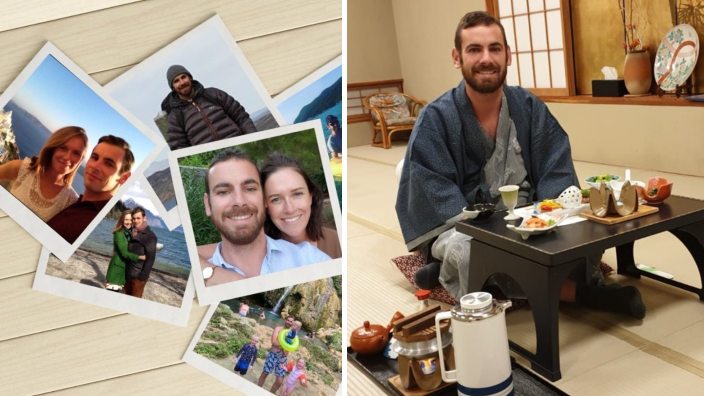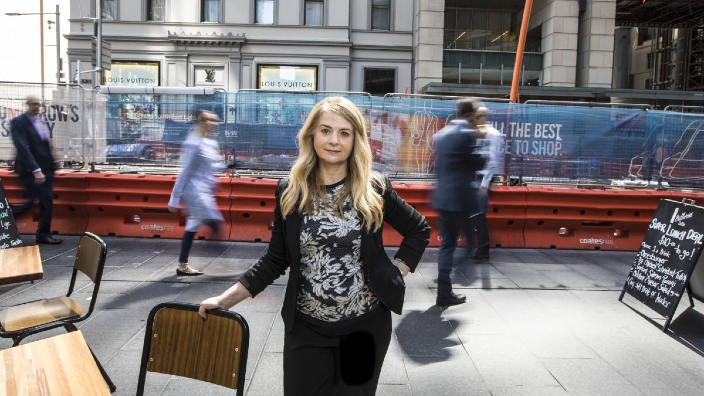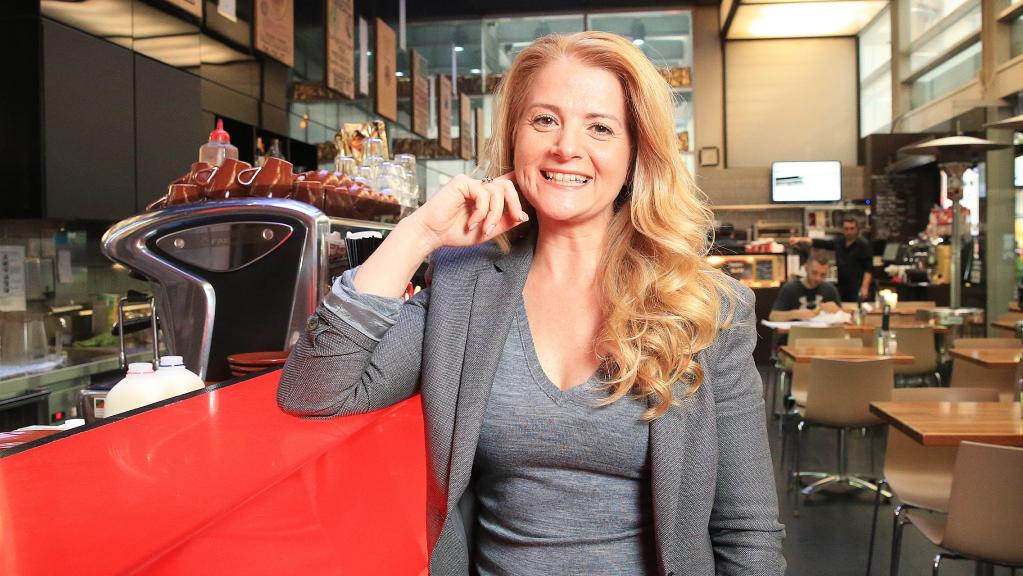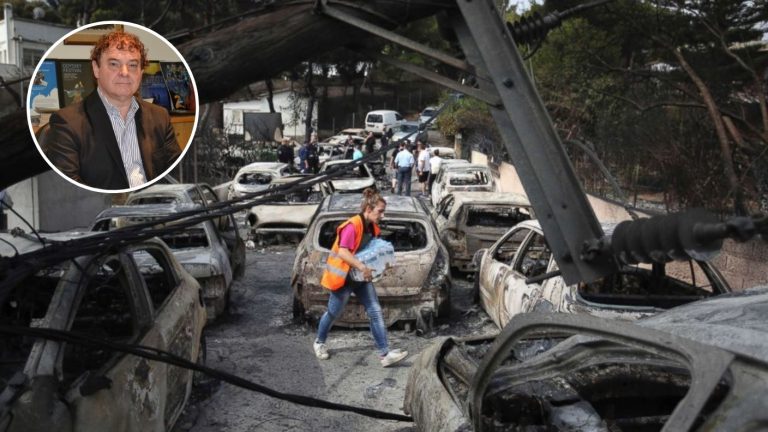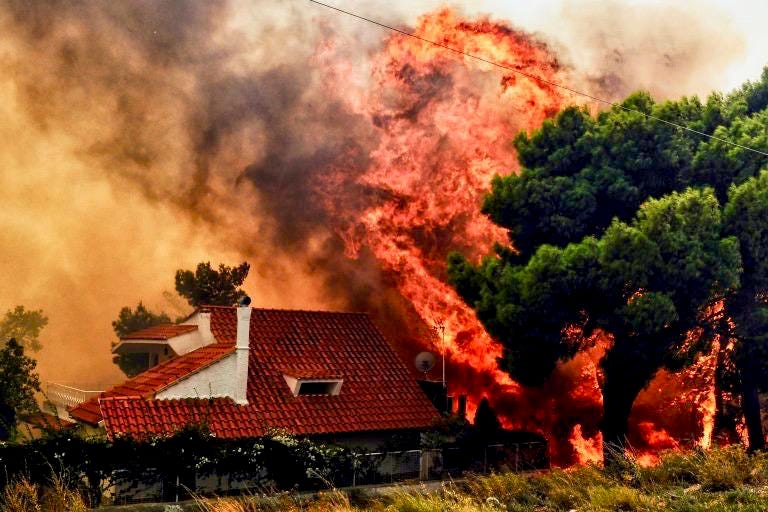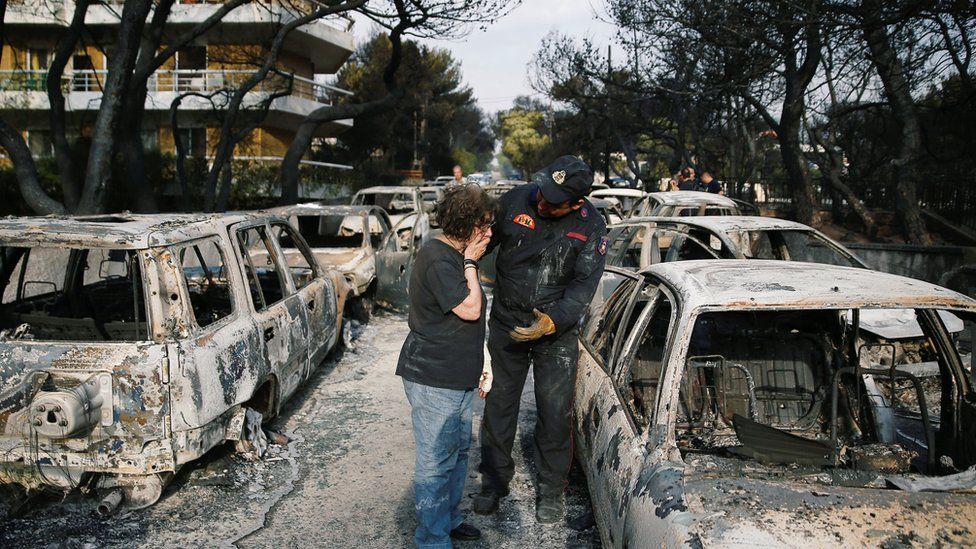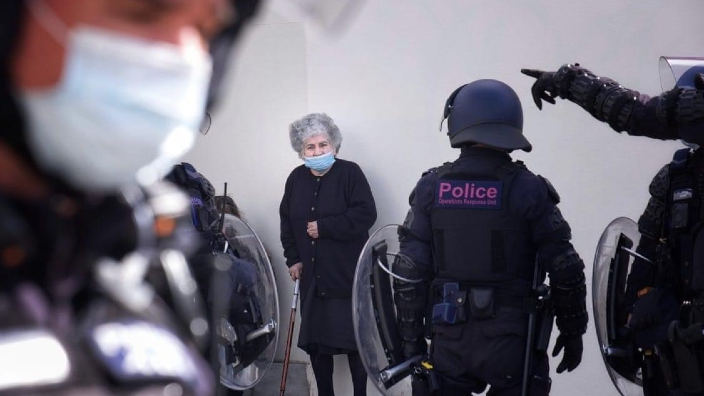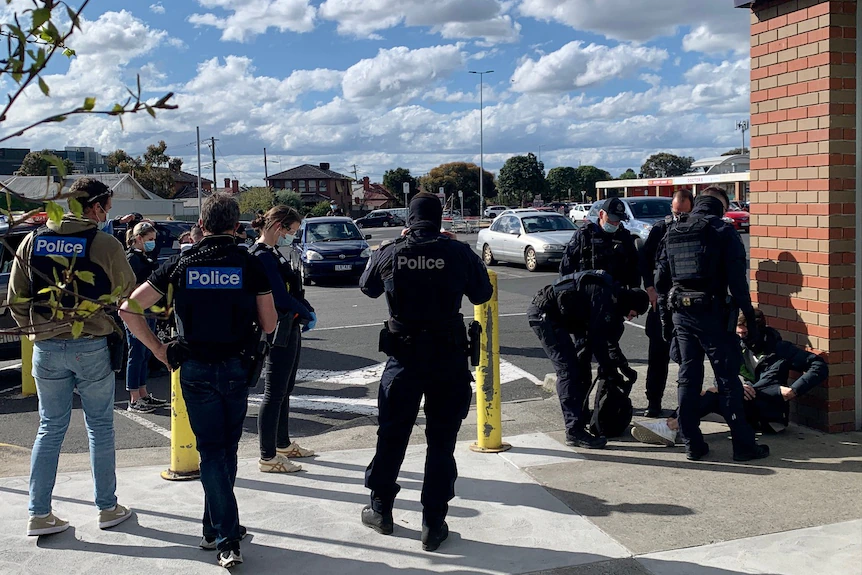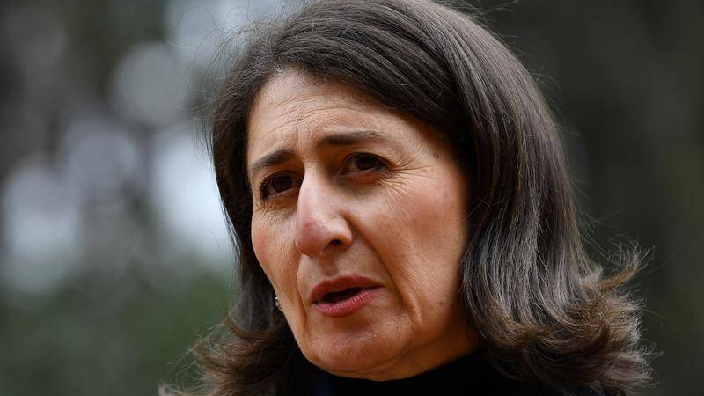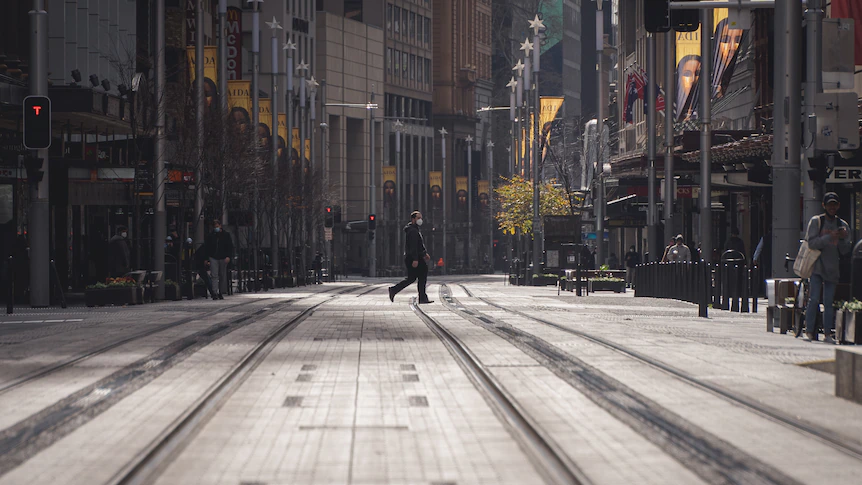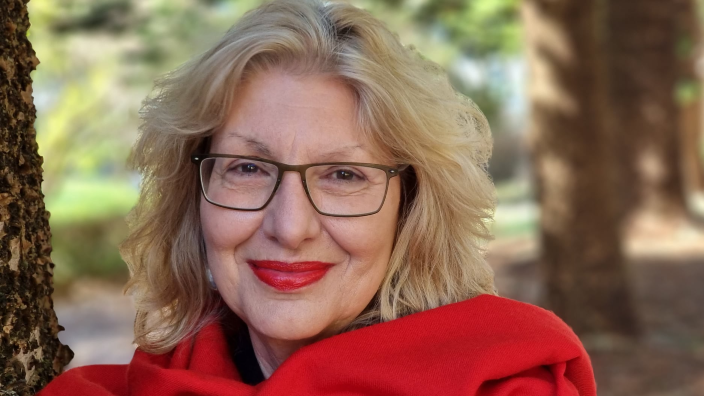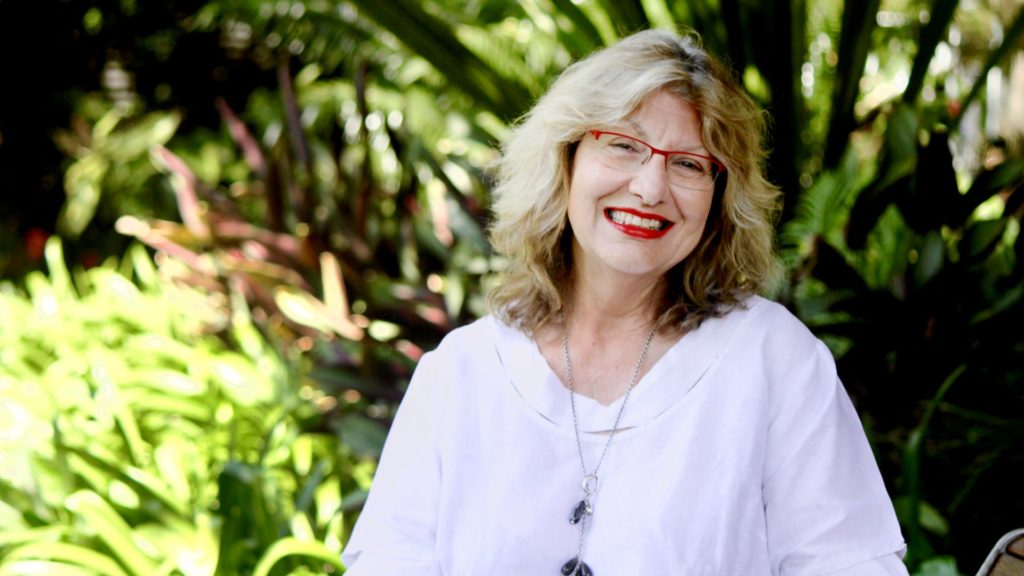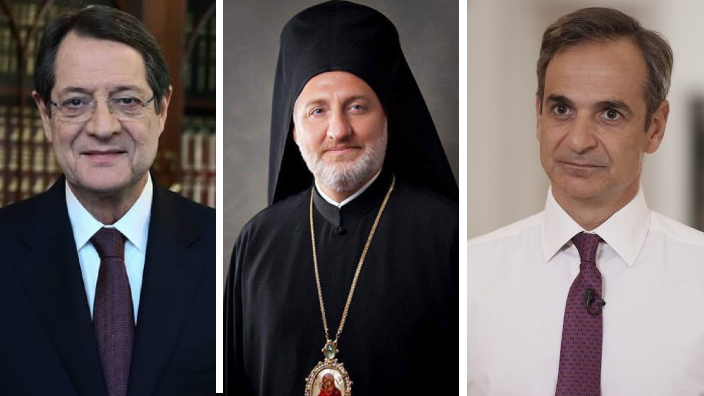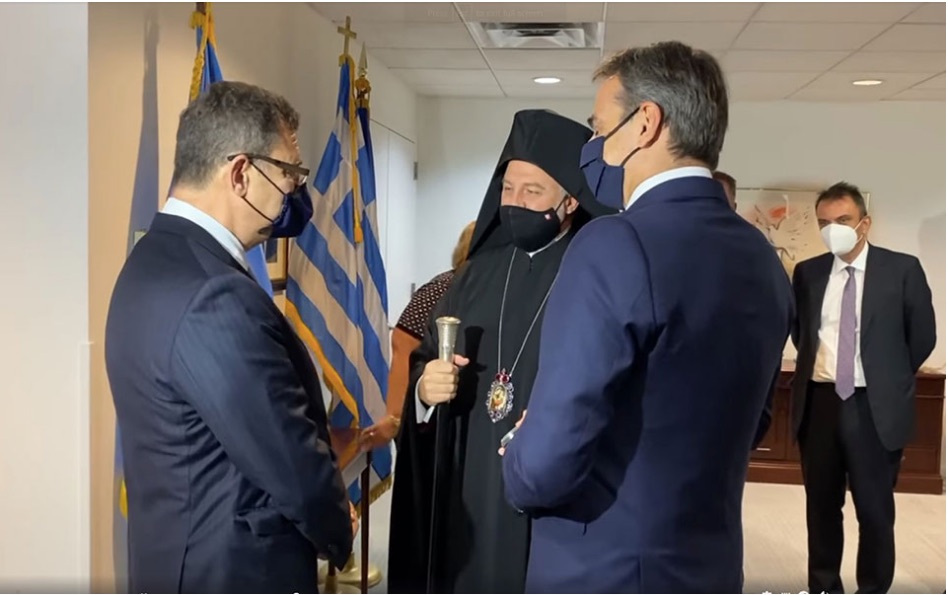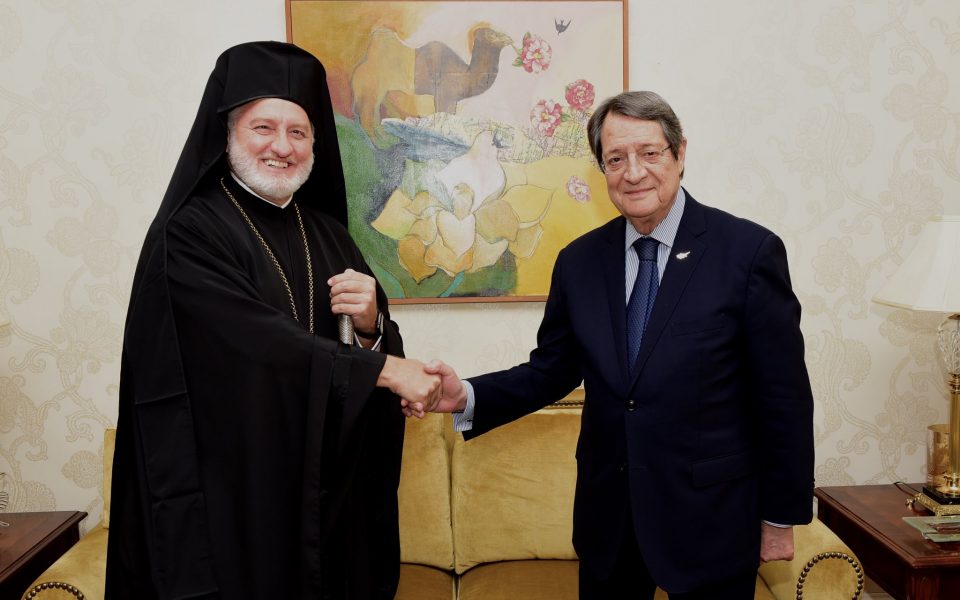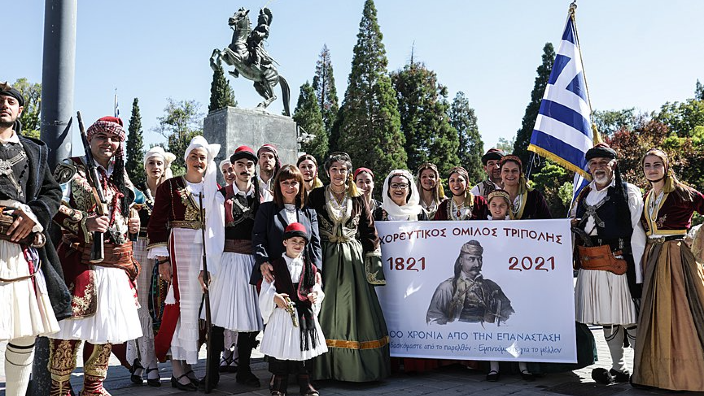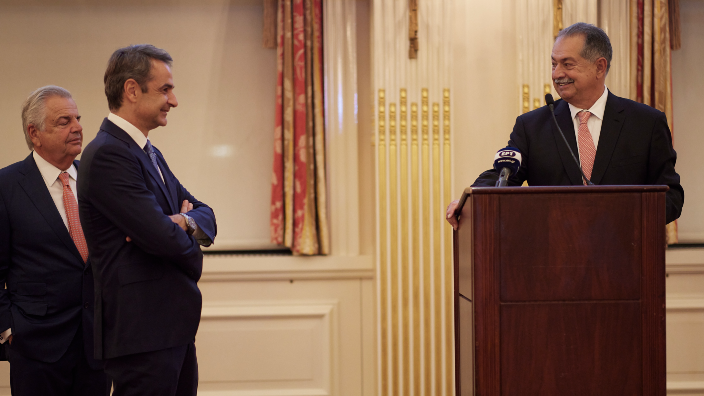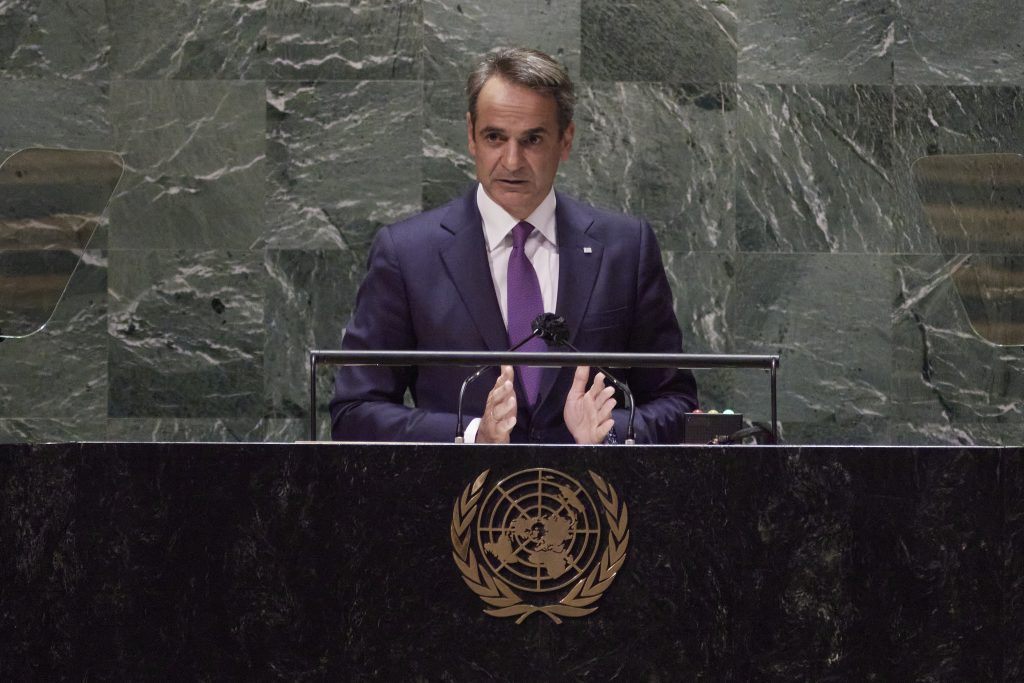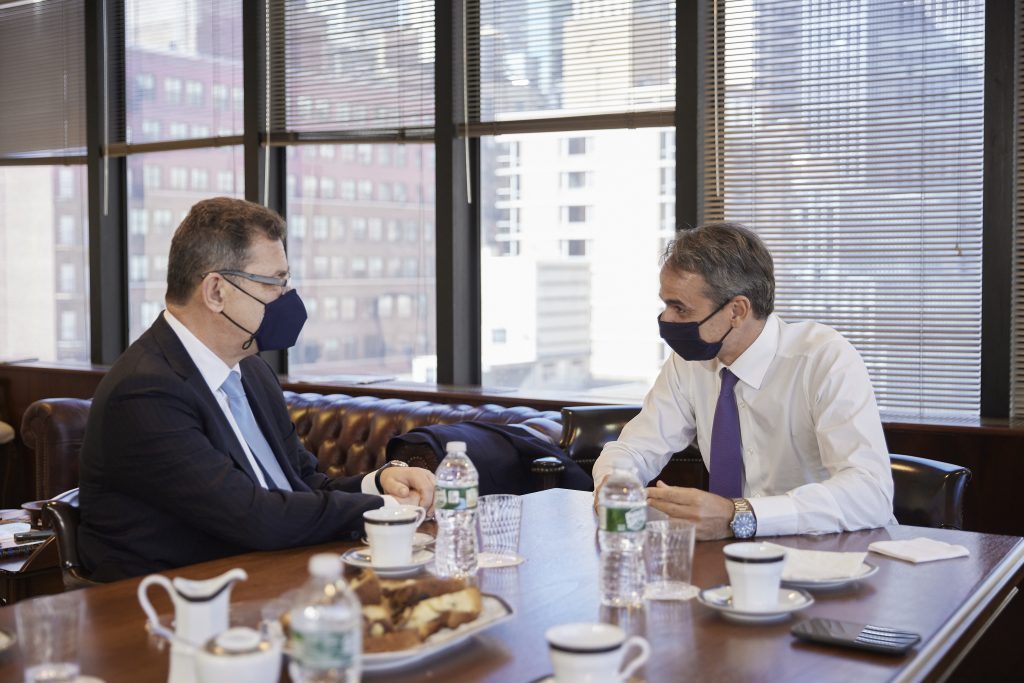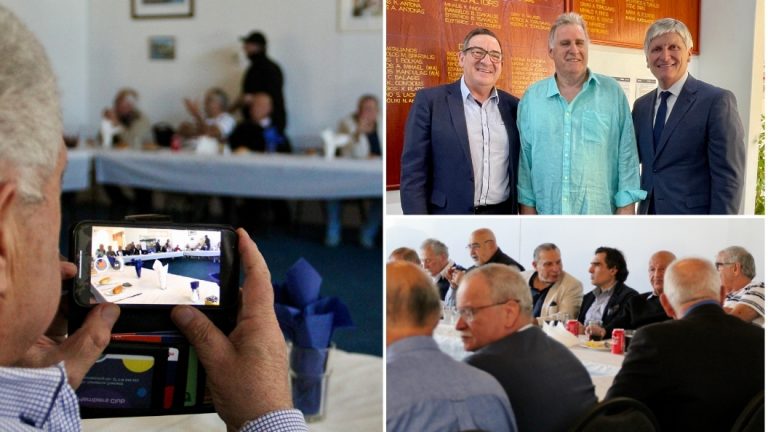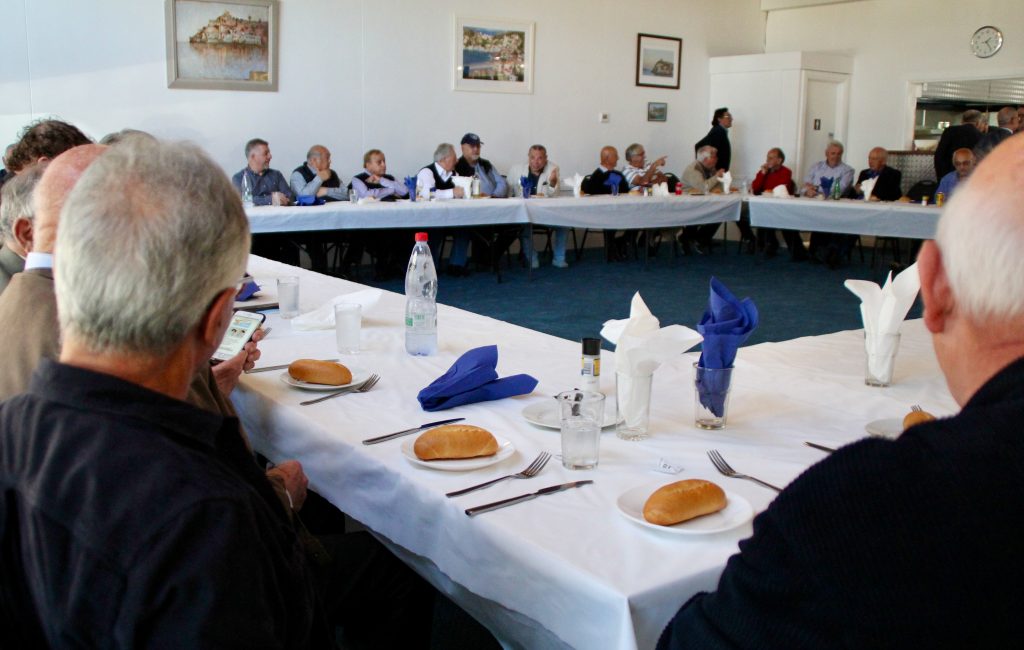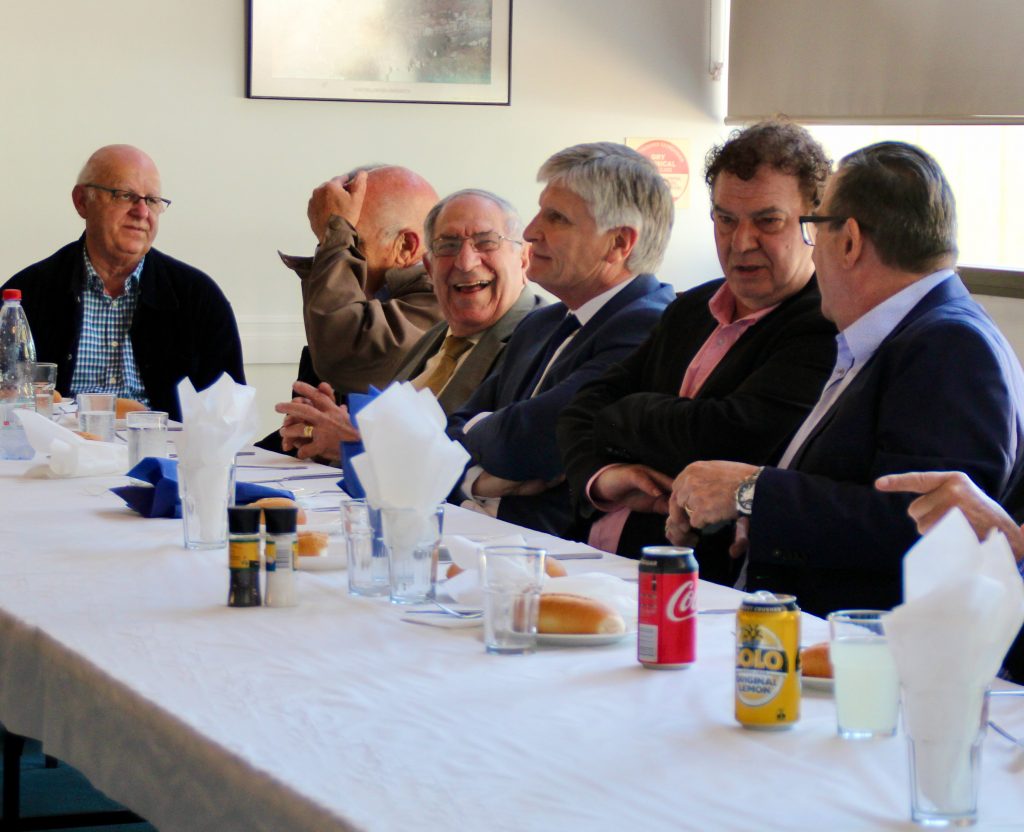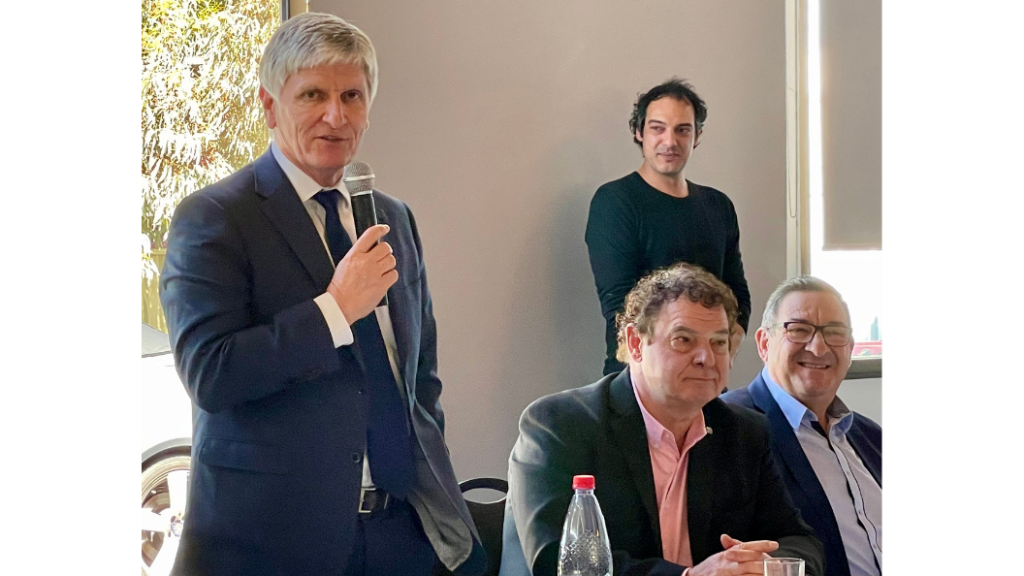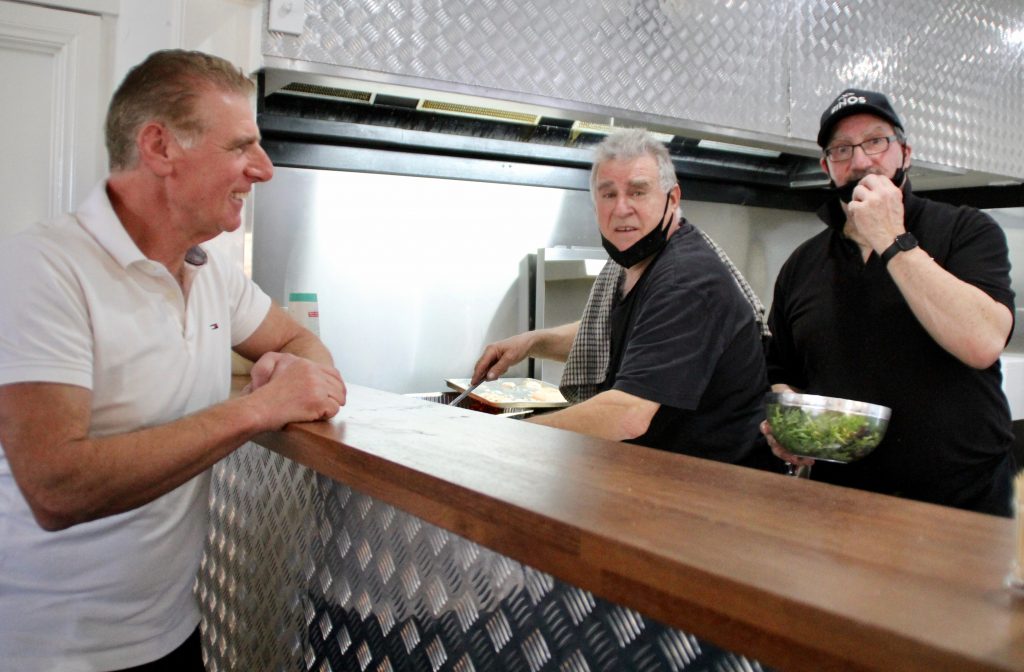Sally Ioannides has opened up in the Sydney Morning Herald about her husband Nick’s incurable brain cancer diagnosis and how the COVID-19 pandemic has halted their attempts at ticking things off his ‘bucket list.’
The cancer diagnosis:
In 2018, Nick was juggling three children under the age of five, including a newborn, a busy job as a doctor for Qantas, medical exams and very little sleep, when he collapsed on the couple’s bedroom floor complaining of a headache.
Rushing to hospital, CT scan images showed there was a large tumour in the frontal lobe of his brain which was life threatening and required emergency surgery.
“Recovering in ICU, Nick learnt that the surgeons were unable to remove all of the tumour that had infiltrated his brain. When the pathology results came back, he was given the news that no 38-year-old wants to hear: incurable, malignant brain cancer,” Sally writes in her personal piece.

Nick’s bucket list:
During Nick’s 18-month journey through radiation and chemotherapy, conversations turned towards his “bucket list” – What were the most important things for him to achieve before he died?
For Nick, getting back to work to finish specialist physician training was very important. Travel was also on the top of Nick’s list as he was a man who’d grown up in Cyprus, studied in the UK, worked in New Zealand and settled in Australia.
“So, it was a particularly cruel blow when, weeks away from finishing treatment and with a poor prognosis ahead, COVID-19 took hold in Australia and kicked his bucket list to the curb,” Sally says.
Sally adds that COVID, and lockdown in particular, “wreaks havoc on those with terminal disease” as it “diminishes the precious days and weeks and months that weave the fabric of remaining time on earth, reducing them to a shadow of themselves.”
“No long lunches with close friends, no holidays to leave the kids with lifelong memories of happier times, no trips abroad to reunite with family,” she says.
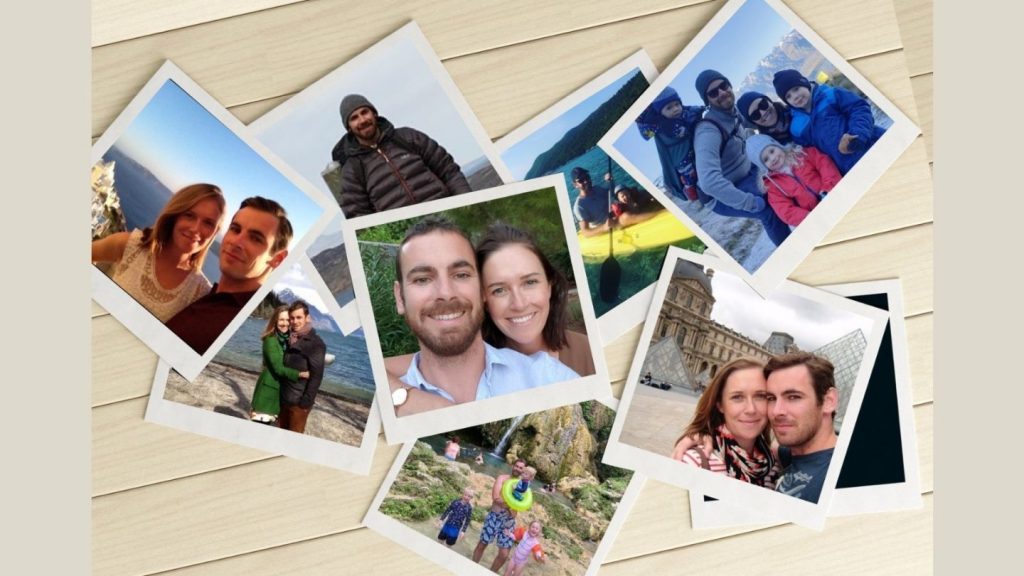
“No matter what joy we salvage during this time, it is agonising for Nick to be separated from his family in Cyprus.”
But still, Nick has never complained. Travel dreams have since been replaced with domestic responsibilities such as picking up his children from school, teaching them how to garden or speak Greek.
Nick also attained his fellowship of the Royal Australasian College of Physicians, despite sitting his specialist exams only weeks before collapsing with intracranial hypertension.
“Nick will never get back the days that COVID, and lockdown in particular, have taken from him. None of us will. But how we choose to live this “lost time” is up to us,” Sally concludes.
“And it’s not necessarily about achieving things, although I’m so proud of all that Nick has accomplished. It’s about making peace with a bad situation and moving forward nonetheless, to find something wonderful in the time we have right now.”
Source: The Sydney Morning Herald.

